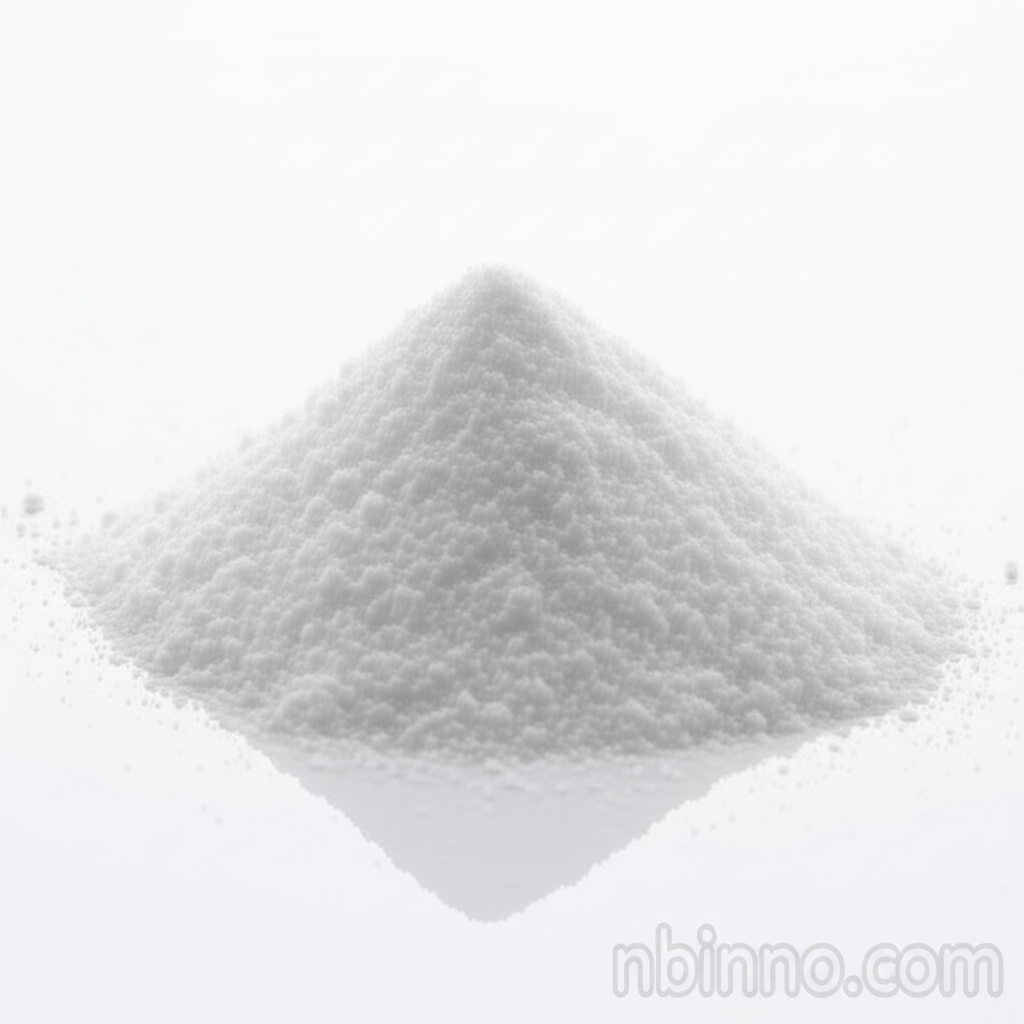Unlock the Power of L-Glutamic Acid: A Comprehensive Guide to Its Benefits and Applications
Discover the multifaceted uses and essential properties of L-Glutamic Acid, a key amino acid impacting flavor and nutrition.
Get a Quote & SampleProduct Core Value

L-Glutamic Acid
L-Glutamic Acid, identified by CAS number 56-86-0, is a non-essential amino acid crucial for various biological functions. It is widely recognized for its role as a flavor enhancer, particularly contributing to the 'umami' taste. This makes it a valuable additive in the food industry and a subject of interest in pharmaceutical and nutritional science. Its GRAS status underscores its general safety.
- Explore the benefits of L-Glutamic Acid for enhancing food flavors and providing essential nutritional components.
- Understand the detailed applications of L-Glutamic Acid in pharmaceuticals and its role as a key amino acid in dietary supplements.
- Learn about the safety profile and regulatory status of L-Glutamic Acid, often known by its food additive code E620.
- Discover the production processes and sources of L-Glutamic Acid, from natural occurrence to industrial synthesis.
Key Advantages
Flavor Enhancement
Leverage the umami taste of L-Glutamic Acid to enrich savory dishes, providing a more complex and satisfying flavor profile for consumers.
Nutritional Versatility
Utilize L-Glutamic Acid as a fundamental amino acid in nutritional supplements and fortified foods, supporting overall health and well-being.
Wide Application Range
Benefit from the broad utility of L-Glutamic Acid across food, pharmaceutical, and chemical industries, offering versatile solutions for product development.
Key Applications
Food Industry
L-Glutamic Acid serves as a primary flavor enhancer, contributing the desirable umami taste to a wide array of food products, from soups to processed snacks.
Pharmaceuticals
Its role as an amino acid makes L-Glutamic Acid a valuable component in pharmaceutical formulations and intermediates, supporting various therapeutic applications.
Nutritional Supplements
As a building block of proteins, L-Glutamic Acid is incorporated into dietary supplements to support metabolic health and protein synthesis.
Research & Development
The unique properties of L-Glutamic Acid make it a subject of ongoing research in areas like neuroscience and metabolic disease management.
